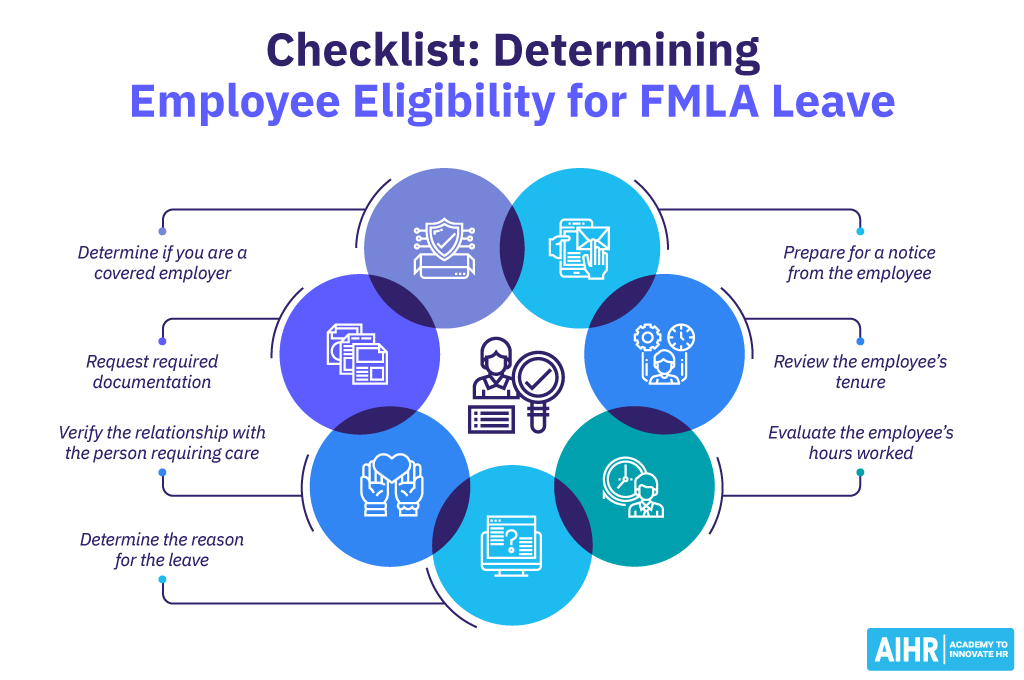Can Doctors Legally Refuse to Complete FMLA Paperwork?

Introduction

When it comes to managing health issues, employees often rely on the Family and Medical Leave Act (FMLA) to secure necessary leave from work without jeopardizing their employment or health benefits. However, there are instances where employees face resistance or refusal from their doctors when it comes to completing FMLA paperwork. This article delves into the complexities surrounding whether doctors can legally refuse to complete FMLA paperwork, exploring the legal landscape, ethical considerations, and practical solutions for employees.
Legal Framework of the FMLA

The FMLA is a U.S. federal law aimed at providing job-protected and unpaid leave to eligible employees for specified family and medical reasons, including:
- Birth or adoption of a child
- Care for an immediate family member with a serious health condition
- Personal serious health conditions that make an employee unable to perform their job functions
- Certain military exigencies
Under this act, an employee might need medical certification to validate their leave. Here's where doctors come into the picture:
Employee Rights and Doctor Responsibilities

Employees have the right to request:
- Leave under FMLA
- Medical certification from their healthcare provider to support their leave request
Doctors, on the other hand, are not explicitly mandated by FMLA to complete the paperwork, but they are expected to provide the necessary information if they are the treating physician. Here are some key points:
- The law does not specifically require doctors to fill out FMLA forms, but it implies that they should provide factual medical information related to the employee's condition.
- Medical professionals have the ethical and often contractual obligation to provide accurate information regarding a patient's health condition, which can include details necessary for FMLA certification.
Can Doctors Refuse?

While the legal framework does not explicitly require doctors to fill out FMLA forms, here are circumstances under which doctors might refuse:
- Lack of Documentation: If the patient is not under the care of the doctor, or if there's insufficient medical evidence to support the leave request.
- Discretionary Reasons: Doctors might refuse for various reasons like high workload, administrative burden, or if they feel the request is frivolous or not medically necessary.
- Ethical Considerations: Refusal might occur if providing the certification could lead to ethical concerns or conflict with their professional standards.
💡 Note: Doctors' refusal to provide FMLA certification isn't illegal, but they should have a valid reason for doing so.
Implications of Refusal

If a doctor refuses to fill out FMLA paperwork:
- The employee might:
- Seek certification from another healthcare provider.
- Discuss with their employer the possibility of providing a statement from another medical professional.
- Employers might:
- Request second or third medical opinions as per FMLA regulations.
What Employees Can Do?

If you encounter refusal from your doctor to complete FMLA paperwork, here are your options:
- Communicate Clearly: Ensure your doctor understands the importance of the FMLA certification for your job security and health benefits.
- Alternative Documentation: Provide detailed notes or seek certification from another medical professional if your current doctor won't comply.
- Employer Engagement: Inform your HR department or manager about the situation. They might assist in finding a resolution or provide alternative certification processes.
Legal and Ethical Considerations for Doctors

Here are some considerations for doctors when dealing with FMLA requests:
- Legal Compliance: Although not legally obligated, doctors should comply with the spirit of the law by providing factual and accurate information about the patient's condition.
- Patient Relationship: Refusing can affect the doctor-patient relationship, potentially leading to dissatisfaction or mistrust.
- Professional Standards: Doctors should adhere to the ethical guidelines of their medical practice, ensuring they act in the best interest of their patients.
Conclusion

While the FMLA does not directly mandate doctors to complete its forms, there is an expectation rooted in both law and ethics for doctors to provide necessary medical information. Doctors might refuse for various reasons, but such refusal should be justified and communicated to the patient. Employees facing refusal have options to navigate this challenge, including seeking alternative medical certification. Understanding the nuances of this process helps both doctors and employees foster a cooperative environment for managing health-related work leaves.
What should I do if my doctor refuses to fill out my FMLA paperwork?

+
Consider seeking certification from another healthcare provider or discuss your situation with your employer for possible alternatives.
Can my employer require a second or third medical opinion if my doctor refuses?

+
Yes, under FMLA, employers can request a second or third medical opinion to validate the need for leave.
Are there any penalties for doctors who refuse to complete FMLA paperwork?

+
No, there are no direct legal penalties for doctors who refuse, but they should be aware of the impact on their professional relationships and potential future referrals.



